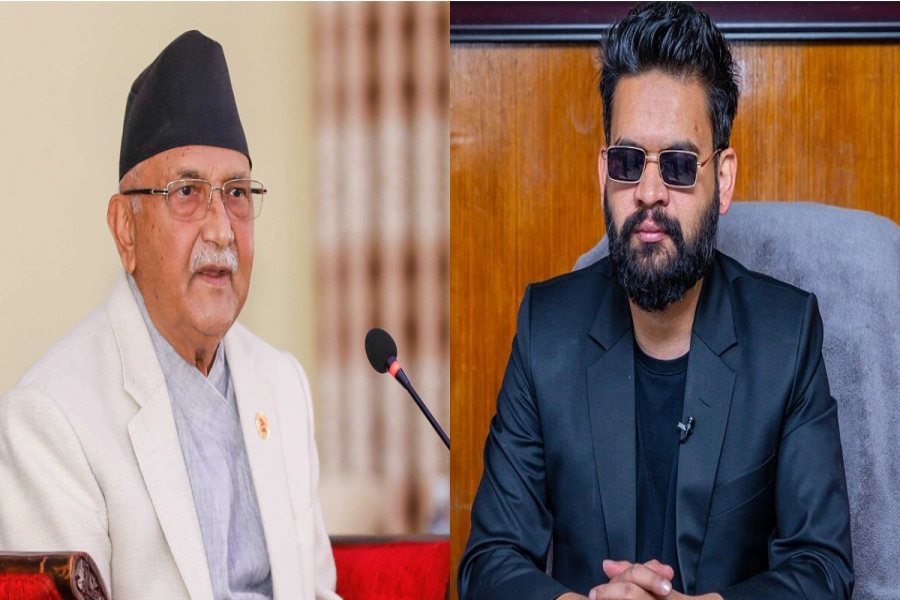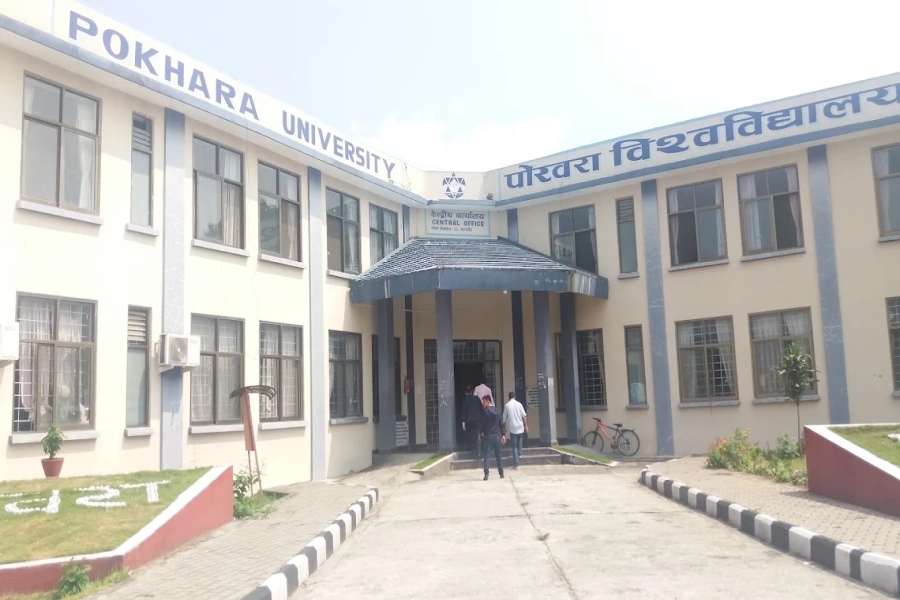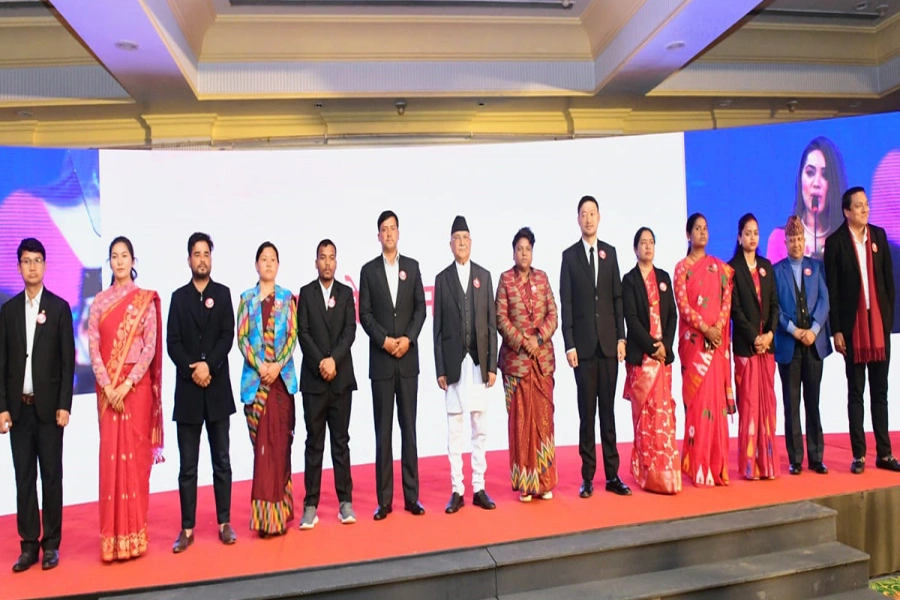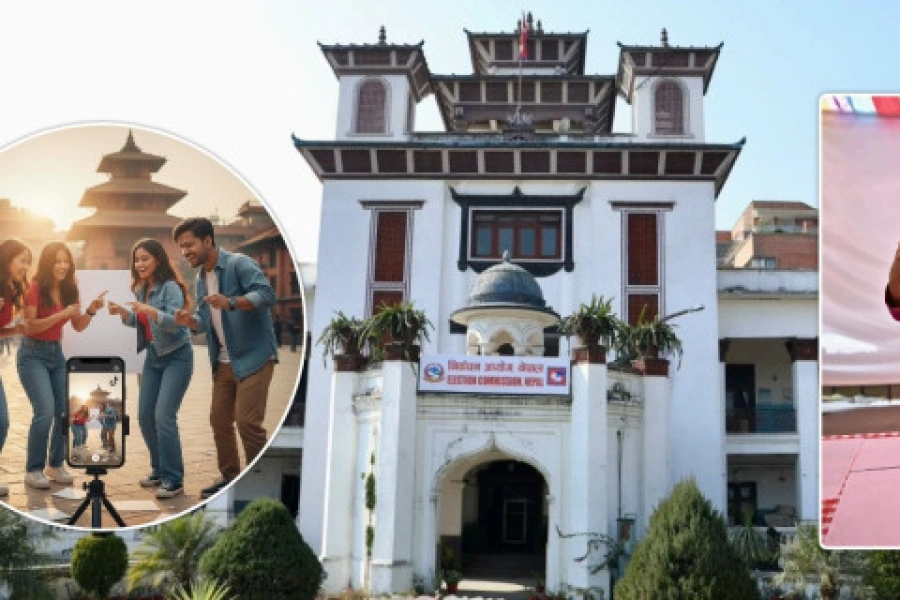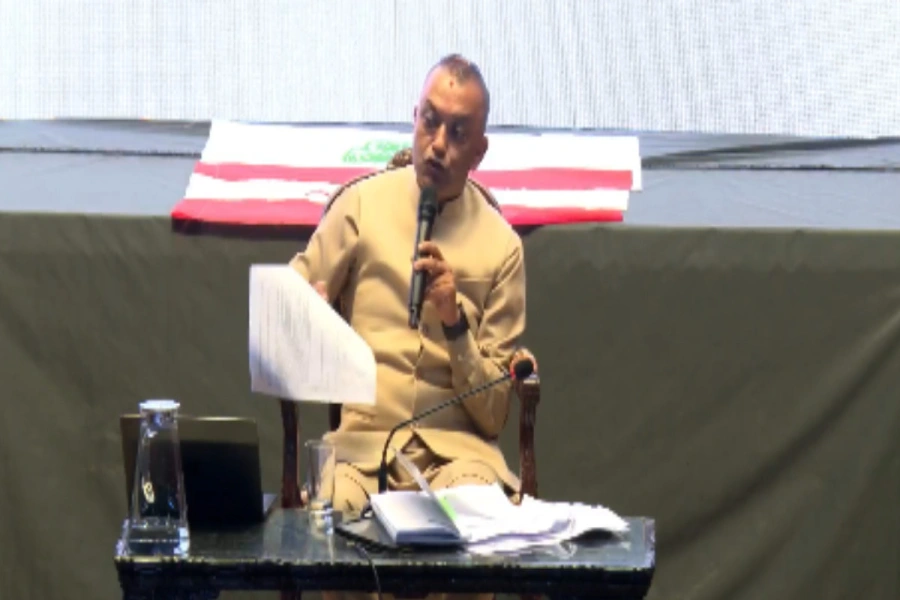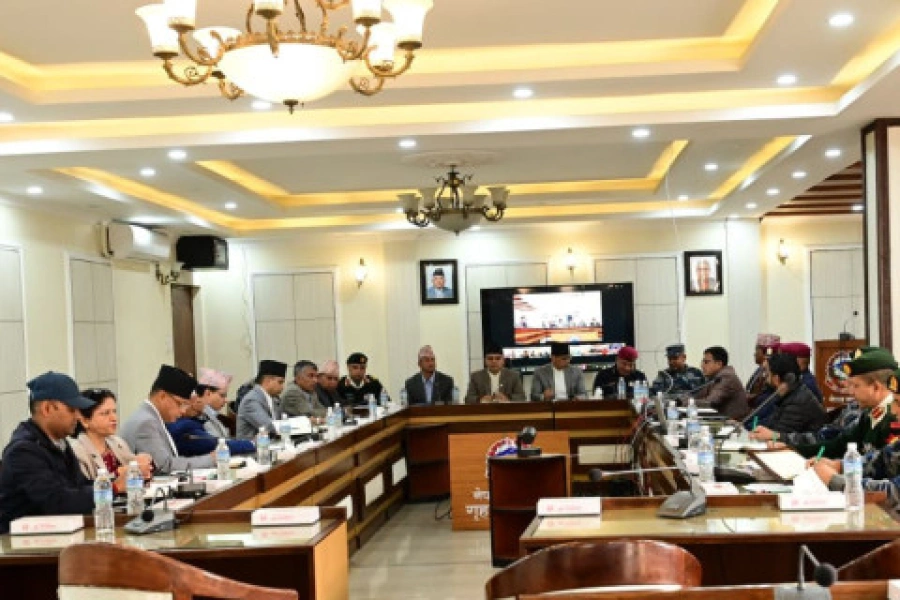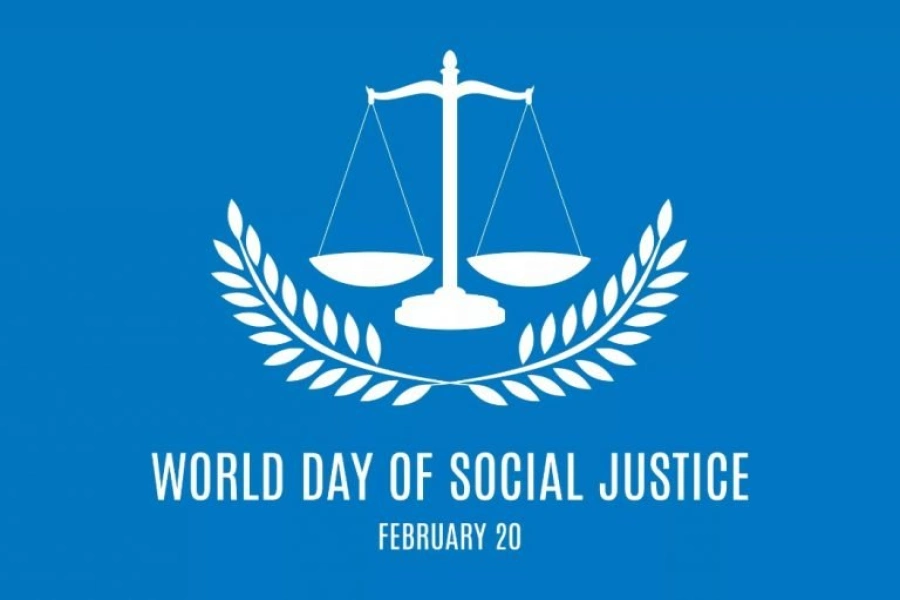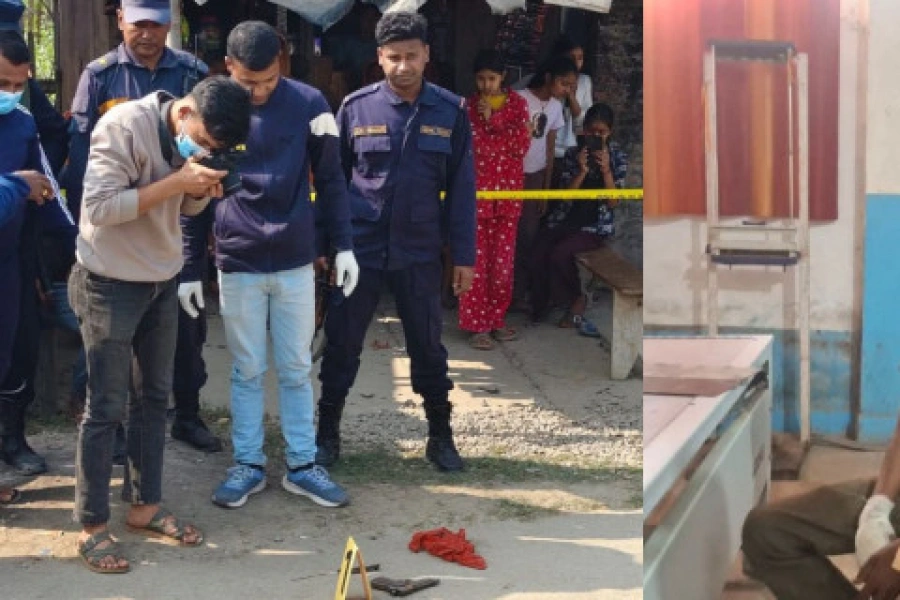KATHMANDU, Jan 11: Differing perspectives held by the ruling and opposition parties have brought the constitutional amendment debate under the spotlight lately. The Nepali Congress (NC) and the CPN-UML, the two ruling parties, have discussed the necessity of amending specific provisions of the national charter to tackle political instability and governance issues.
Nevertheless, hindrances have arisen in the amendment process. To approve any changes to the constitution, a two-thirds majority in both houses of the federal parliament is a must. At the moment, however, the ruling parties are short of some 16 to 18 votes in the HoR to achieve the constitutionally required two-thirds majority.
The complexity further exacerbated following Prime Minister KP Sharma Oli’s unilateral announcement to postpone constitutional changes until after 2087 BS (2031). This statement has led to friction within the ruling coalition as it contravenes the seven-point agreement signed between the NC and the UML during the formation of the current government six months ago.
Bishwa Prakash Sharma, an NC general secretary, criticized the PM for making such an unilateral announcement without consulting the NC, a key ruling partner and the largest party in parliament. PM Oli’s statement has also undermined the Draft Committee for Constitutional Amendments, composed of NC general secretaries, prominent UML members, and others.
Resistance from the Maoist Center and Madheshi parties is another challenge. Changing the constitution of Nepal, which was approved in 2015 by a two-thirds majority of parliament, is no simple feat if these two political groups are not involved. Several members of Congress and UML are convinced that addressing political instability and other problems require changes, while the Maoist Center and the Madheshi parties are more reluctant to make these modifications.
Bumpy road awaits new finance minister

The NC and the UML have a common goal of reforming the electoral system by focusing on changing the current Proportional Representation (PR) system, which critics say has caused political instability. The current system permits 165 Lower House members to be elected via the first-past-the-post method, with 110 elected through PR. Winning PR seats allows parties with fewer FPTP seats to have a significant impact on forming the government. This results in hung parliaments, where parties coming in third place or lower have often taken the lead in forming the government or played crucial roles in government formation.
Therefore, the NC and the UML are contemplating a change by limiting the PR system to the National Assembly and having HoR seats contested under the FPTP.
Gagan Thapa and Bishwa Prakash Sharma, the two general secretaries of the NC, put forth a new proposal allowing the party with the most votes to govern for a full five-year term. Advocates think that this will decrease political instability. However, critics caution that this system could marginalize smaller parties and undermine democratic checks and balances.
Another proposal, purportedly aimed at enhancing governance stability, advocates the direct election of the Prime Minister. According to the proponents of this proposal, this could address the issue of filing no-confidence motions against the Prime Minister and the frequent changes to party alliances. Certain members of the NC are worried that centralizing power in one person could lead to an elected Prime Minister becoming an autocrat by seizing power and weakening parliament.
Another key concern that requires attention is local governance. Many critics have pointed out that Nepal’s governance structure is too complex, with 884 representatives at the federal and provincial levels and over 35,000 local representatives. Making this system simpler could save resources and boost decision-making. Decreasing the number of local governments from 753 to 500 could save resources.
There are proposals to include primary elections in political parties to enhance transparency and democracy by selecting candidates. Many experts contend that for fairness and effective service delivery, only independent candidates should contest local elections. Still, political parties are resistant to giving up their influence at the grassroots level. Aiming to enhance the governance system, the reforms come with a downside: decreasing representatives or altering election methods may harm smaller or marginalized groups, a chief concern expressed by the Maoist and Madheshi leaders.
The Maoist Center emphasizes the need to uphold the federal democratic system and safeguard the rights of marginalized communities. The Madheshi parties have been advocating amendments that give more recognition to regional and ethnic identities. The alterations to the PR system are worrying them, since such changes could lessen their impact on governance.
Meanwhile, allegations have been made by some Madheshi parties that the two ruling parties are trying to bring about a two-party system in the country by changing the constitution. In response to the NC-UML, the Madhesh-based parties have decided to establish a loose alliance.
Talks of raising the electoral vote threshold from 3% to 5% or 6% have also caused unhappiness among smaller parties. Many smaller and regional parties will likely face considerable challenges maintaining their presence in the federal parliament should this occur. Currently, to have their lawmakers nominated through the PR system, a party needs three percent of the total valid votes and at least one lawmaker elected through the FPTP system. A higher threshold would make it difficult for many smaller parties to gain national level party recognition.
Despite the struggles the political parties face in amending the constitution, they must engage in broader discussions by setting aside petty party interests to achieve the goal of serving the country and its people effectively.



_20220508065243.jpg)
